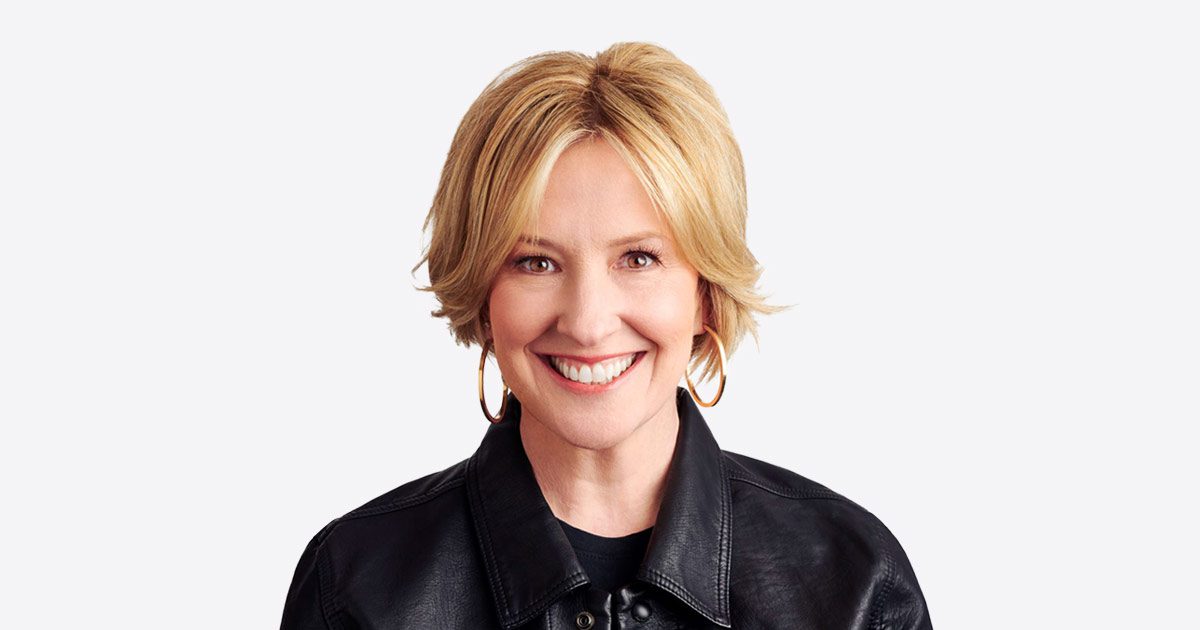Brené Brown’s Advice On How To Become Your Best Self During Uncertainty
Brené Brown will keynote the 2022 CA Virtual Conference for Women on March 2nd.
Q: In a recent New Yorker profile of you, we learn that you dreamt early on about starting a global conversation about vulnerability—which, of course, you have done. What impact do you think the past few years have had on our comfort or discomfort with vulnerability?
It’s funny because right when the pandemic started, I put up a post on Instagram about us heading into a level of vulnerability that I don’t think we understand—and that we will either lean into it and become our best selves or fight the uncertainty and become our worst selves. I think we’ve seen exactly that.
Uncertainty, vulnerability, and risk do profound things to people. But, if you have a way to manage it and understand that being vulnerable is what it means to be human, I think you can be brave, generous, and kind.
But, on the other hand, if you experience vulnerability as a threat and think of this life as something that we can control, you can easily become either incapacitated or destructive.
We’ve seen both play out. We’ve seen the best of people and the worst of people, and I think one of the big mediating factors is the capacity, the skills, and the ability to deal with uncertainty. There are some people who, when they are in pain and fear, acknowledge pain and fear, and there are some people who work it out on other people.
Q: There is a lot of talk about the Great Disruption and what is leading millions of people to leave the workforce voluntarily. What do you think is going on?
I think there are layers of variables happening. The pandemic is one of the most significant mental health crises I’ve ever seen in my lifetime. There is a universal experience of grief and exhaustion. We all still, to varying degrees, are coming to understand that the systems we thought we could depend on are broken. And many of us are realizing for the first time how our friends and neighbors lived with broken systems a lot longer than us, especially around race.
I think we’re just at a very pivotal moment in history. I think “white male power over” – not white male power with –is making a violent last stand. They’ve had a long run, and they are not going to go down without a fight. The irony is we are not looking for power over; we’re looking for power with. But many people have had power for a long time who believe that power is finite and sharing is dangerous. So, I think you take all these variables, and people want something different for their lives.
We’ve also lost the transitions that kept us sane that we ignored until they were gone. The train ride home, the 30 minutes at home we get before the kids get there: the most cherished half hour of the day. We lost transition spaces that mark our lives in ways that help with the cadence, the rhythm of life.
Q: While working on your new book, Atlas of the Heart, you re-encountered the Buddhist concept of “near enemy,” which helped you understand something new about connection which you have called the essence of human experience. Can you explain that?
So often, when we make a bid for connection or experience a shattering or disruption to connection in our relationships, we look for these big ugly moments. We look for moments that feel like the enemy of connection. We look for betrayal, distrust, or hate.
But when I rediscovered this concept of “the near enemy,” I was reminded that these are things that are closer to the virtues we seek. They are closer and masquerade as connections, but are undermining.
A great example is the far enemy of compassion is cruelty. So, if I share something with you and am hoping for compassion and get cruelty, I understand how severing that is around connection.
But what makes me feel lost and full of self-doubt is if I share something with you and you respond with pity. Pity can masquerade as compassion. But pity creates distance. It says I feel sorry for you. Things like that don’t happen to people like me.
I’ve been working on this framework for 22 years and couldn’t figure it out. It wasn’t until I came to the near enemy concept I realized, wow, what fuels disconnection is not extreme behaviors, but those behaviors that masquerade as caring but are really about control.
Brené Brown’s latest book is Atlas of the Heart. Order it free of shipping through Book People, the Conference for Women’s online bookseller.
